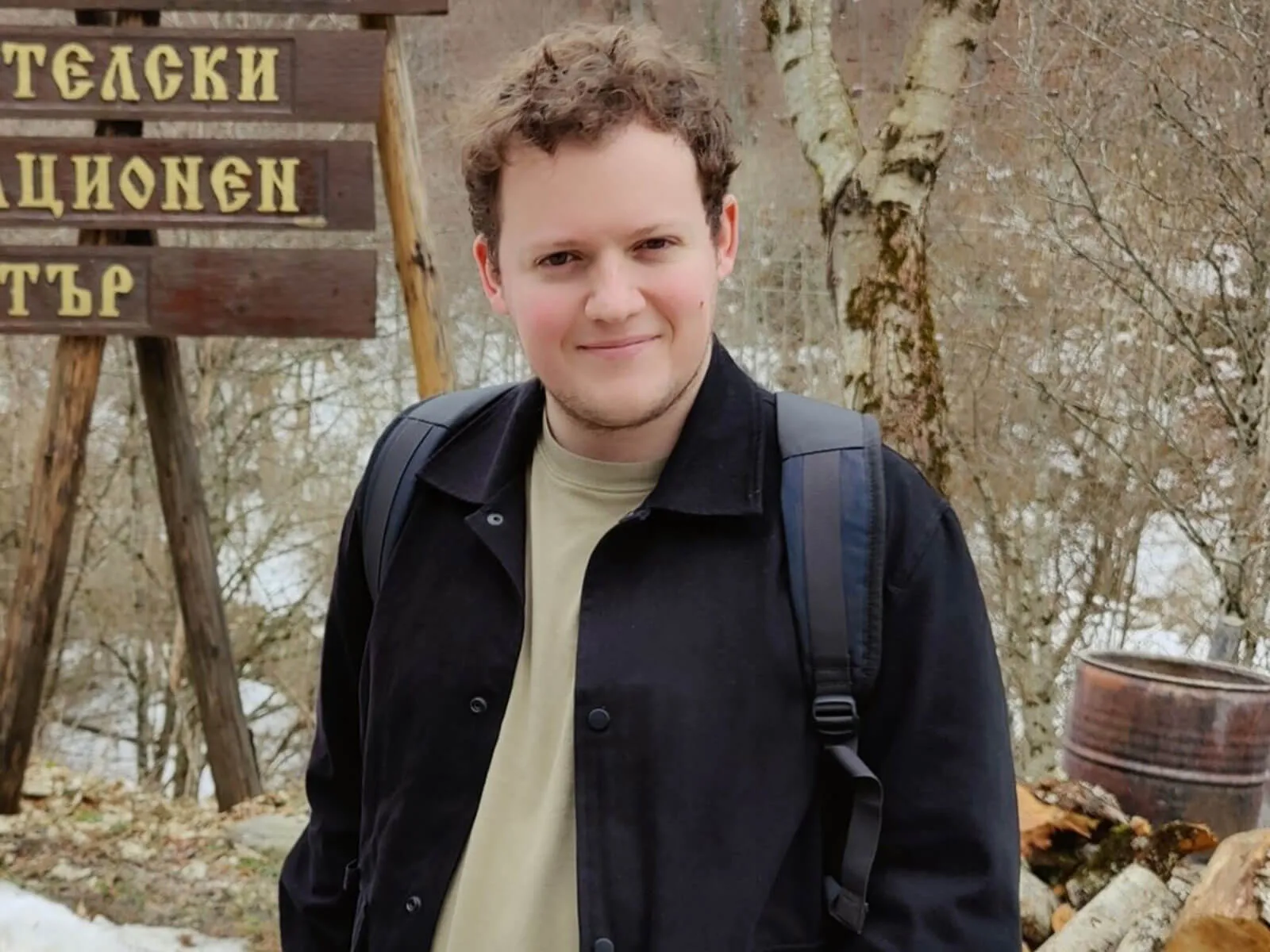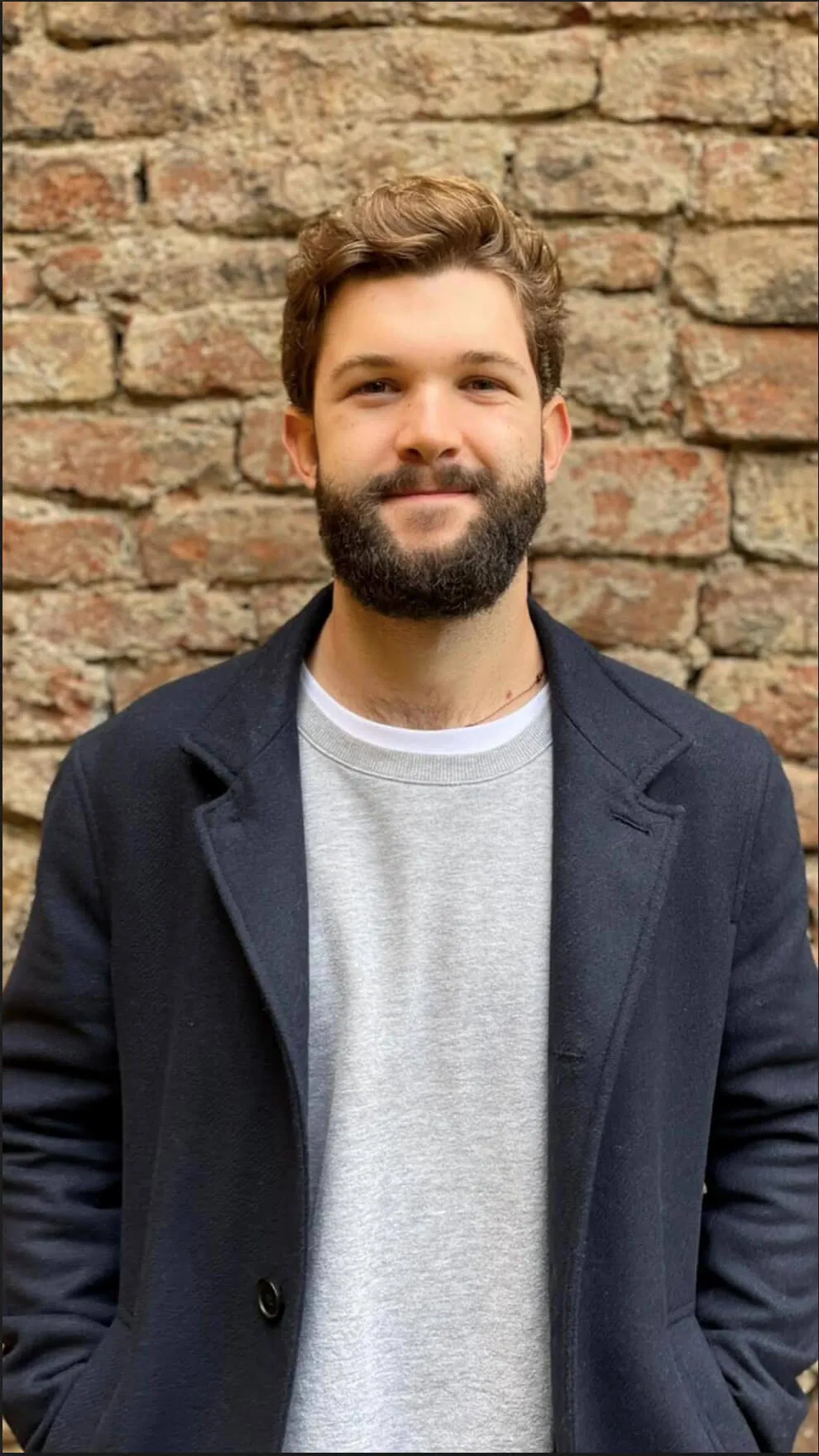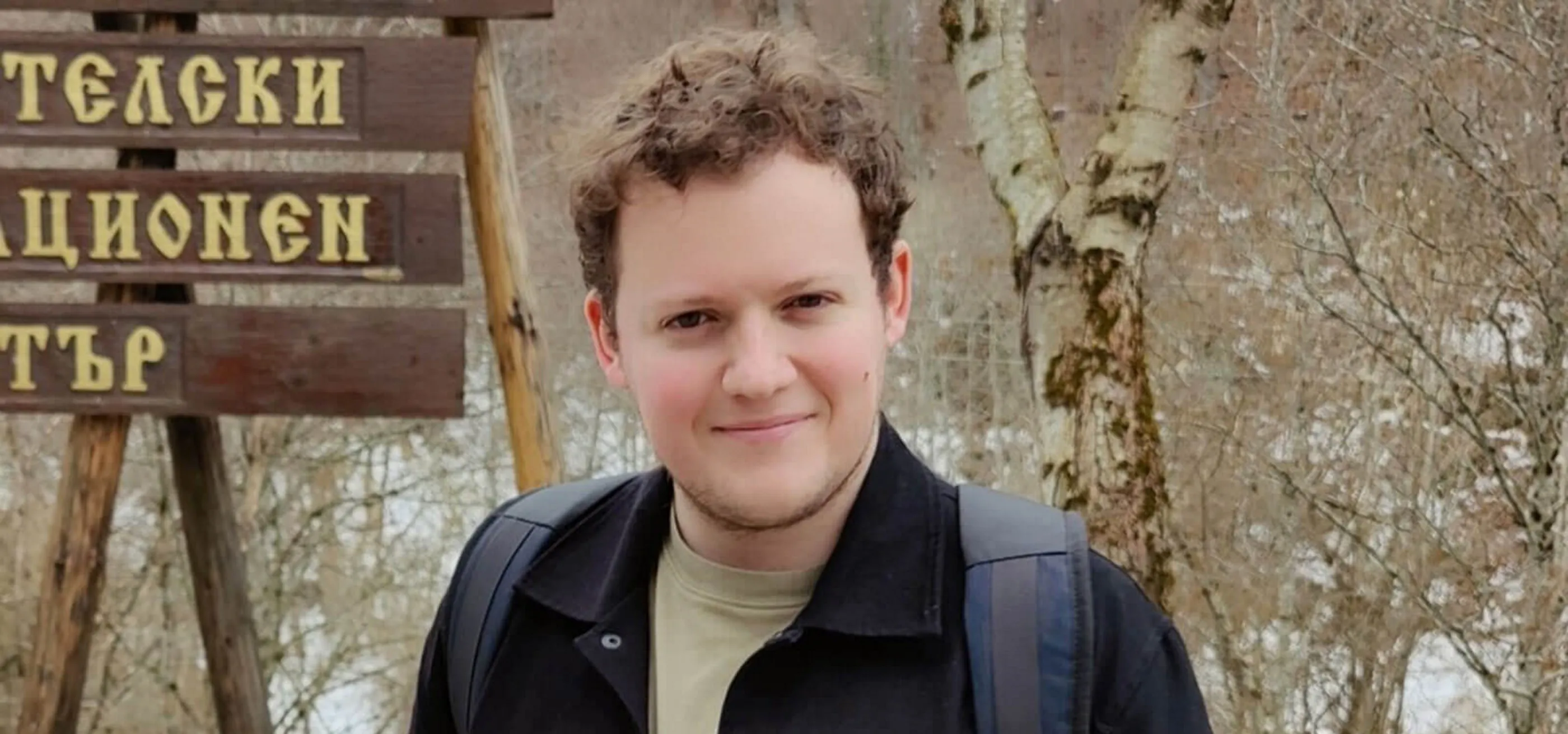
While many students come to DigiPen Institute of Technology Europe-Bilbao for a world-renowned game development education, the skills they leave with serve a much larger purpose. In our Bachelor of Science in Computer Science in Real-Time Interactive Simulation program, students are equipped for any profession that demands deep knowledge and experience with complex software systems. Students graduate as capable engineers who are able to create and optimize powerful and efficient programming solutions not just in video games, but also in other technologically advanced industries.
Graduates Ignacio Mendezona, native to Bilbao, and Javier Tafur, native to Seville, are clear examples of this. As of today, both graduates are furthering their professions in a leading technological sector — the aerospace industry.
Like many of their peers, they came to programming via their love of video games. “I was playing Uncharted 2 one day, and I found myself wondering what the games were like inside,” Mendezona says.
Tafur’s situation was similar. “Since high school, it was always clear that I wanted to work in the technical part of video game development. I remember visiting the DigiPen Bilbao campus and learning about the possibility of attending one of their ProjectFUN summer courses,” Tafur says. “This changed everything.”
Both Mendezona and Tafur started at DigiPen Europe-Bilbao in 2016 with the idea of developing video games for a living. “The first two years were quite hard,” they both recall. “It is very demanding — not so much the material but the workload.” However, both graduates agree there was a key moment between the second and third year when they managed to adapt to the methodology and dynamics of the program. “Once you get the feel for it, you can move forward in the degree on dedication alone,” Mendezona says.
 Their efforts paid off. Upon finishing their degrees last year, both graduates are now working for the American multinational corporation Honeywell. The company produces a wide variety of consumer products, engineering services, aerospace systems, and more. Mendezona and Tafur are in the department of research and development at the Honeywell location in Brno, Czech Republic.
Their efforts paid off. Upon finishing their degrees last year, both graduates are now working for the American multinational corporation Honeywell. The company produces a wide variety of consumer products, engineering services, aerospace systems, and more. Mendezona and Tafur are in the department of research and development at the Honeywell location in Brno, Czech Republic.
“As part of a team, I am developing a cockpit display system for the next generation of Airbus and Dassault aircraft,” Tafur says. “I am tasked with developing the graphics part of the user interface for connecting all the input that the aircraft has with the flight needs of the pilots. The project is being developed in the C++ language, which is compiled and tested in a flight simulator and then — once it has been put through a series of strict protocols — is tested in a real aircraft.”
Mendezona is on the team developing the Auxiliary Power Unit (APU) of the aircraft, giving support to various projects connected to this electrical generator. “The APU is usually used to supply electricity, hydraulic pressure, and air conditioning while the aircraft engines are not running. Amongst other things, it controls the life support system via software that calculates the amount of oxygen that the APU has to supply depending on the altitude of the aircraft,” Mendezona says.
When asked about how they have adapted to their new positions, both graduates say that in the technical department, it has not been at all difficult. “At the end of the day, this is still programming. It’s just applied to a different area of technology,” Mendezona says.
One key difference they noted, however, is the extreme importance given to making sure the software is safe, stable, and rigorously tested prior to deployment. “There are many protocols and tests,” Tafur says. “There can be no errors, and for everything that is changed there are thousands of controls.”
For now, the two computer science graduates are enjoying their careers at Honeywell, working hard every day and making meaningful contributing to the projects they are working on. The fact that both have started their professional careers in an area such as aerospace, one of the most competitive industries in the world, is testament to the high standard of the education DigiPen Europe-Bilbao offers its students. “DigiPen prepared us so that we are able to provide real solutions from day one,” Tafur says. “We were taught to work to solve problems and communicate them to the other members of the team, wherever we are, and that is what we are doing.”
